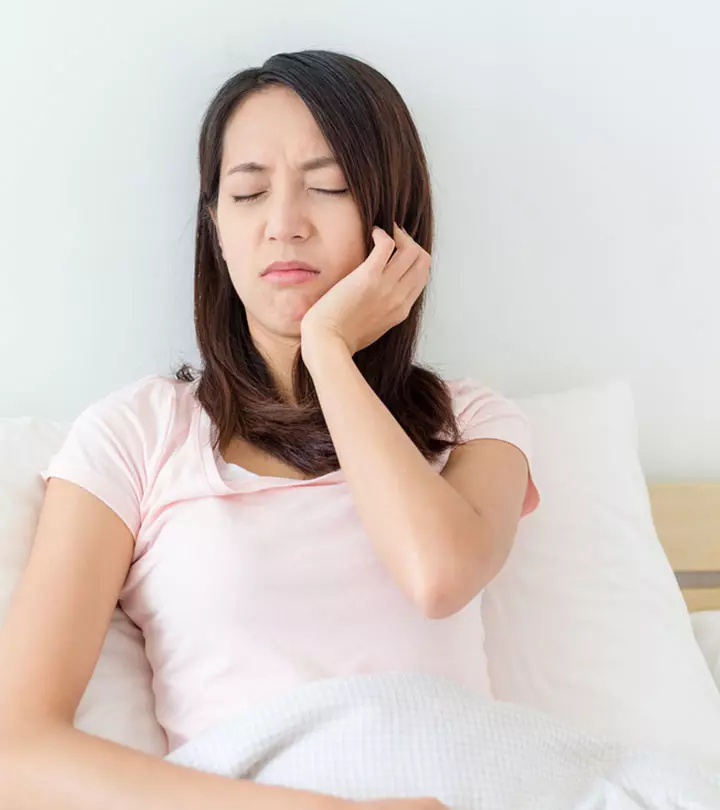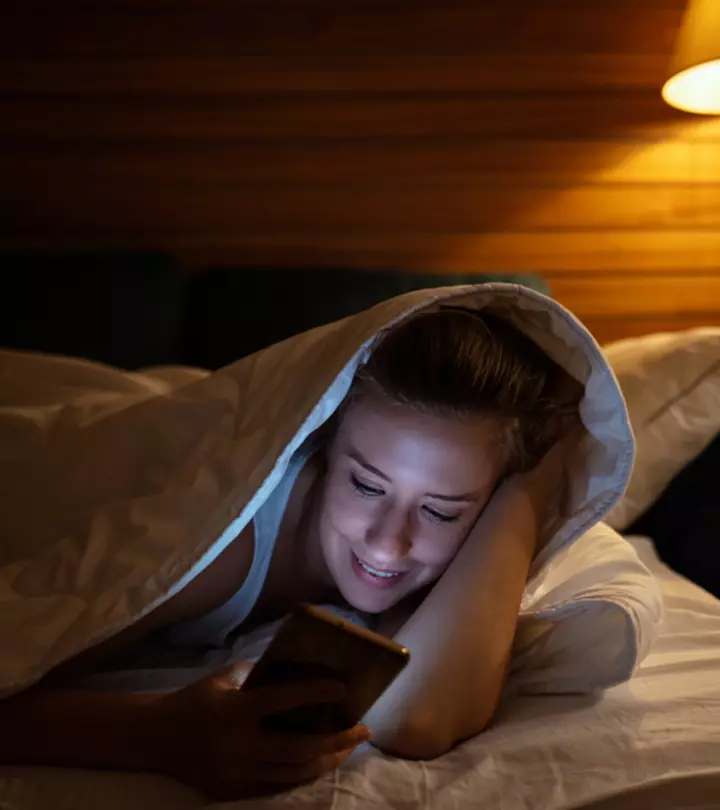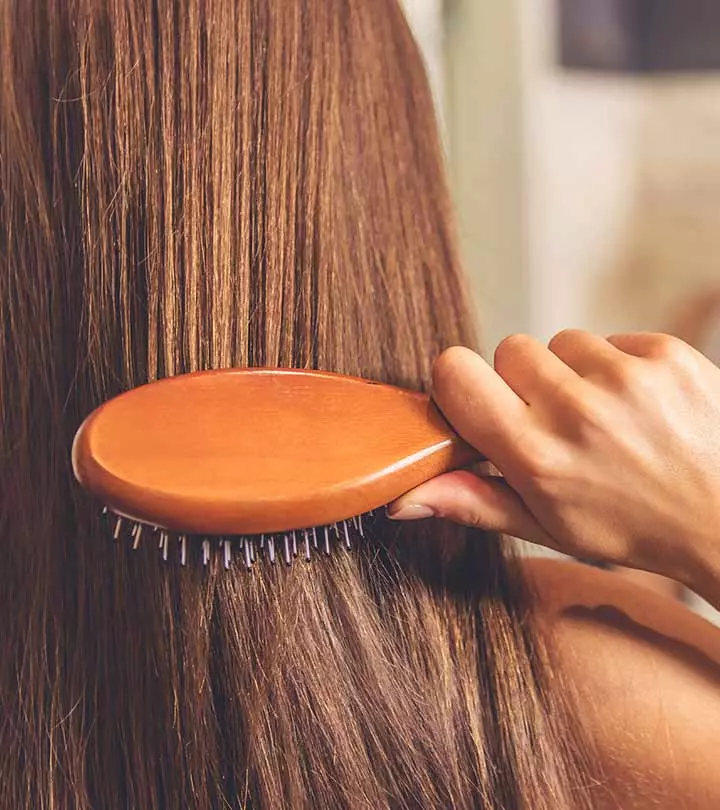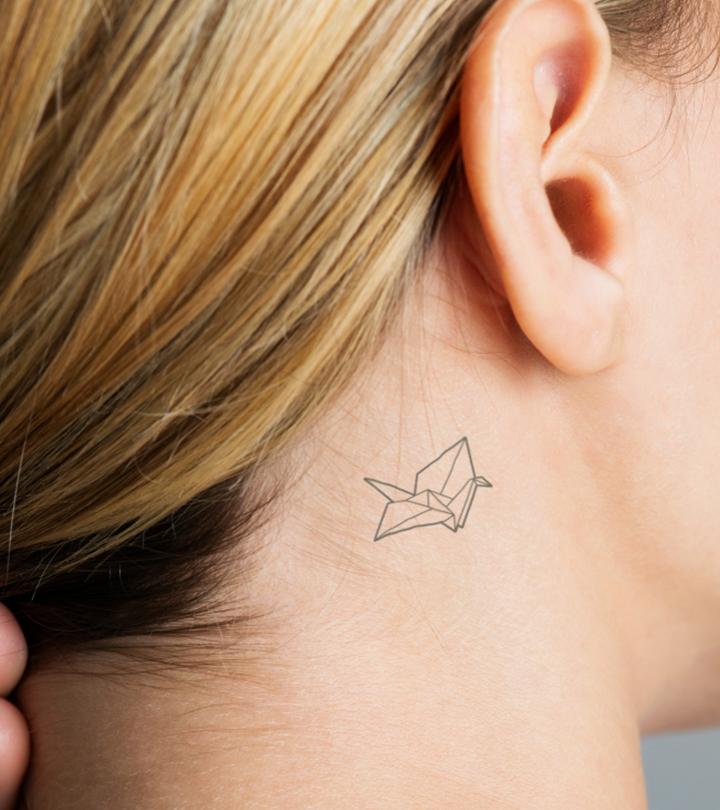9 Effective Strategies To Fall Asleep Fast And Wake Up Refreshed
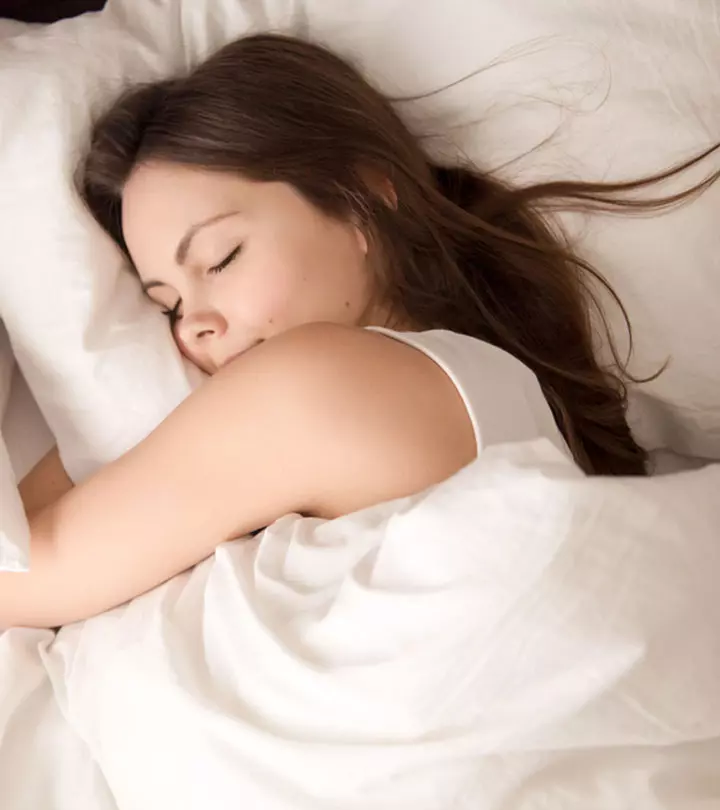
Image: Shutterstock
Sleep is essential for our physical and mental well-being, yet many of us struggle to fall asleep quickly. Tossing and turning in bed can be frustrating and leave us feeling exhausted the next day. However, there are several proven techniques and habits that can help you fall asleep faster and enjoy a restful night’s sleep. In this article, we will explore some effective strategies to help you drift off to sleep quickly, so you can wake up feeling refreshed and ready to take on the day. Read on to know them all!
In This Article
1. Establish A Relaxing Bedtime Routine
Creating a consistent bedtime routine signals to your body that it’s time to wind down and prepare for sleep. Engage in relaxing activities before bed, such as reading a book, taking a warm bath, or practicing gentle stretching or yoga. Avoid stimulating activities, bright screens, and stressful situations, as they can interfere with your ability to relax. A soothing routine helps calm your mind and sets the stage for a restful night’s sleep.
2. Create A Sleep-Conducive Environment
Transforming your bedroom into a sleep-friendly sanctuary can greatly enhance your ability to fall asleep quickly. Keep your bedroom cool, dark, and quiet. Invest in blackout curtains, earplugs, or a white noise machine if needed. Choose a comfortable mattress, pillows, and breathable bed linens to optimize your sleep environment. Make your bedroom a place of tranquility, reserved solely for rest and relaxation.
3. Practice Mindfulness And Meditation
Engaging in mindfulness or meditation techniques before bed can help calm a busy mind and promote relaxation. Deep breathing exercises, progressive muscle relaxation, or guided meditation can reduce stress and anxiety, enabling you to fall asleep faster. Focus your attention on the present moment, letting go of worries or racing thoughts. Explore various mindfulness apps or guided meditation videos that cater to sleep and relaxation.
4. Limit Caffeine And Stimulants
Caffeine, nicotine, and other stimulants can interfere with your ability to fall asleep quickly (1). Avoid consuming these substances in the evening, especially within a few hours of bedtime. Opt for herbal teas or warm milk instead. Remember to check food labels, as some products, such as chocolate or certain medications, may contain hidden sources of caffeine.
5. Establish A Consistent Sleep Schedule
Your body thrives on routine, so aim to establish a consistent sleep schedule. Go to bed and wake up at the same time each day, even on weekends. This helps regulate your body’s internal clock, making it easier to fall asleep and wake up naturally. Consistency reinforces healthy sleep patterns, ensuring that you get the recommended amount of sleep your body needs.
6. Limit Exposure To Blue Light
Many electronic devices emit blue light, which can disrupt your natural sleep-wake cycle (2). Minimize exposure to screens, such as smartphones, tablets, and laptops, for at least an hour before bed. If necessary, use blue light filters or specialized glasses that block blue light. Engage in calming activities instead, such as reading a physical book or listening to soothing music.
7. Create A Relaxing Bedtime Ritual
In addition to a bedtime routine, incorporate a relaxing ritual into your nighttime regimen. This can involve activities such as sipping herbal tea, journaling your thoughts or practicing gentle stretching or yoga. The key is to engage in activities that help you unwind and signal to your body and mind that it’s time to sleep. Consistently following this ritual will condition your brain to associate these actions with sleep, making it easier to fall asleep quickly.
8. Avoid Heavy Meals And Excessive Fluid Intake
Consuming heavy meals or excessive amounts of fluids before bed can disrupt your sleep. Avoid large meals close to bedtime, as digestion may interfere with your ability to relax. Limit your fluid intake in the evening to reduce the frequency of nighttime bathroom trips. However, don’t go to bed feeling hungry or thirsty, as discomfort can also disrupt your sleep. Find the right balance that works for you.
9. Exercise Regularly, But Not Before Bed
Regular physical activity has numerous benefits, including improved sleep quality. Engaging in exercise earlier in the day can help regulate your sleep patterns and make it easier to fall asleep at night. However, avoid vigorous exercise close to bedtime, as it can increase alertness and delay the onset of sleep. Opt for gentle stretching, yoga, or relaxation exercises in the evening to promote relaxation.
Falling asleep quickly is a goal achievable through a combination of healthy habits, a soothing bedtime routine, and a sleep-conducive environment. Experiment with these strategies to find the ones that work best for you, allowing you to enjoy restful nights and wake up refreshed, ready to embrace each day with renewed energy and vitality.













